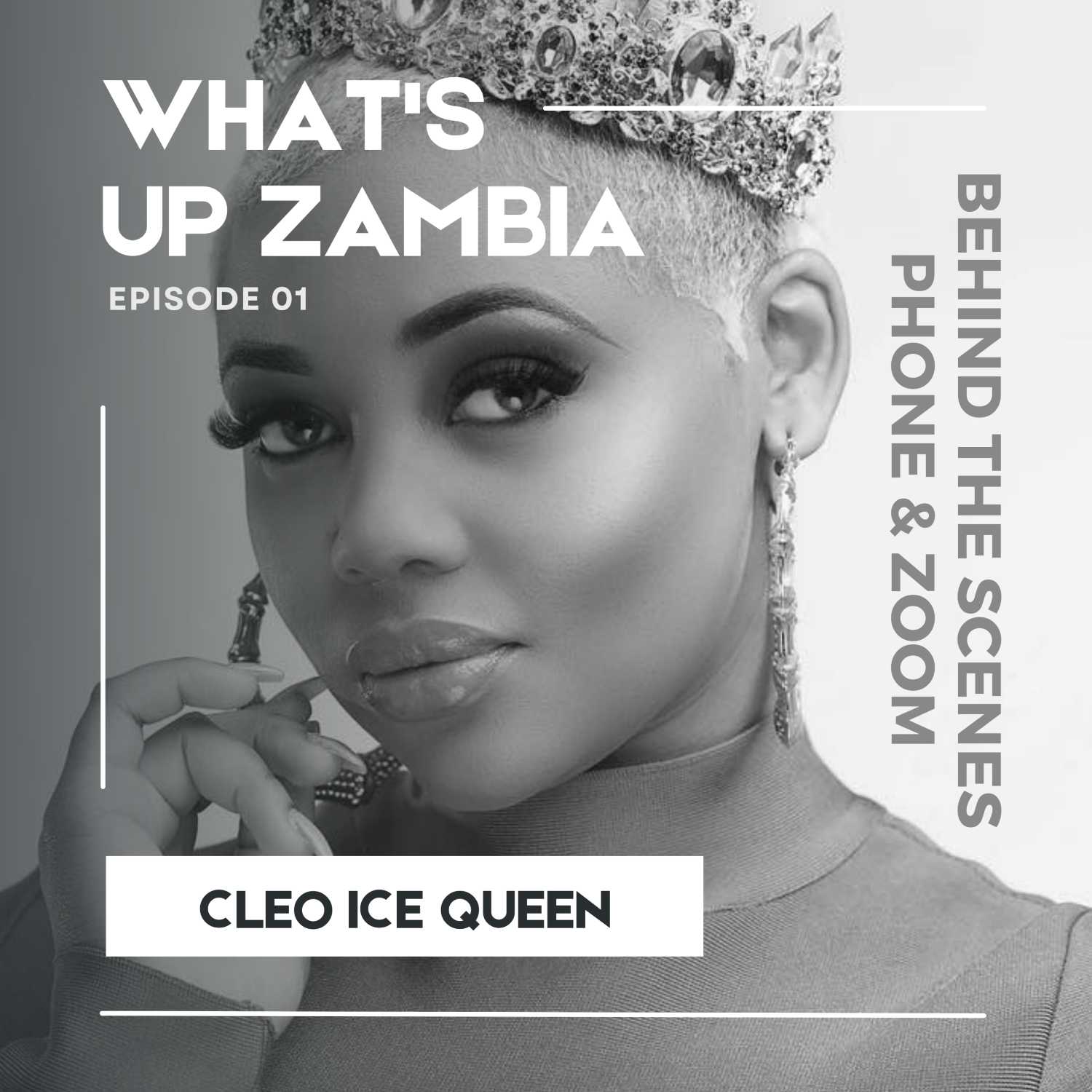WHAT'S UP ZAMBIA SO3EO5 ZAMBIA'S SOUND PAST PRESENT AND FUTURE
Description
An overview in early 2022 which Zambians are able to use to compare to the 2024 realities. Season 3 is focused on providing what was discussed with creatives, platform owners, art organisations, community organisers and IP rights owners or managers of those who create. All use the phone or/and Zoom.
This episode looks at what engineer/producer Mwinga Chamundala sees and hears within his work as well as sound experiences. He speaks of the difficulties with microphones, audio interfaces, general sound equipment and sound treatment.
Mwinga discusses how listeners noticed the lower quality in comparison to their peers from other environments. He provides insight into courses he has taken and his thoughts in comparison to what is available as online knowledge share.
Provding a timeline of evolution and how little knowledge was handed down by earlier musicians and producers. He outlines where he feels changes were made.
He begins with a general overview of production and what happens with music making and distribution then goes on to go in depth over sound knowledge. He discusses how IP is not really taught within some of the music courses and discusses one of the newest offerings from a musican led music school which he believes has made a difference even if the equipment and in depth sound study is lacking.
Robyn from Sound Composed combines past, present and future to define how musicians in the early 90s were limited in access to musical instruments and the amount of control that venue owners and those who owned equipment had and why she took a plan to an MP that only came to light years later. Robyn outlines what she feels the error was when the first instrument duty tax was removed and how it inadvertently rewarded those who continued to take advantage of musicians and their inability to afford instruments.
The missing era is lightly touched on which alters the current perception when genres like hip hop, dance, rnb and others have an entry point much earlier than what is written in Zambia's music history. This aspect will be covered in detail in the last episode of the season where guests will be invited who experienced the missing era and were part of youth aspirational break away from the restrictions where DJs, musicians and producers began to look at more global feels for young audiences growing up in the early rap and hip hop era. Currently Zambia tends to credit the era with one music form when in reality, the most recorded form is the only one spoken about. In reality several genres were present with the unavailability of good studios taking most live which kick started live music changes with some of today's young bands still playing live remixing developed in the era without knowing the origin.
Mwinga aka Dizzy earned the nickname Sound Ninja from Robyn because of his continual passion for sound and his attendance of all workshops with David Asomaning of DM Sound Design UK. Mwinga was able to get that one on one session where David offered to mix one of his productions in order to walk him through mixing and mastering.
More Episodes
Published 03/14/24
The introduction to Mwinga Chamandula is a 15 minute journey as he breaks down a timeline where his entry into music comes at a time when digital recordings are standard, even if equipment is hard to get your hands on. Recorded 2 years ago during an IP research project funded by British Council,...
Published 03/12/24
Season 3 is kicking off with the additions of the research Decolonising Intellectual Property & Sound Rights. This had a focus on women in music and intellectual property for creatives in Zambia.
Sound rights in Zambia have been problematic since its independence in 1964 and no master rights...
Published 03/03/24


